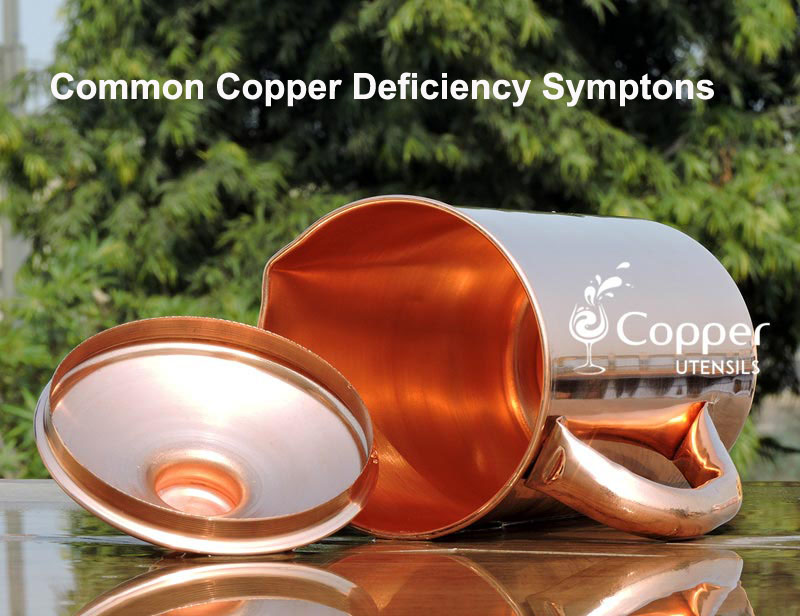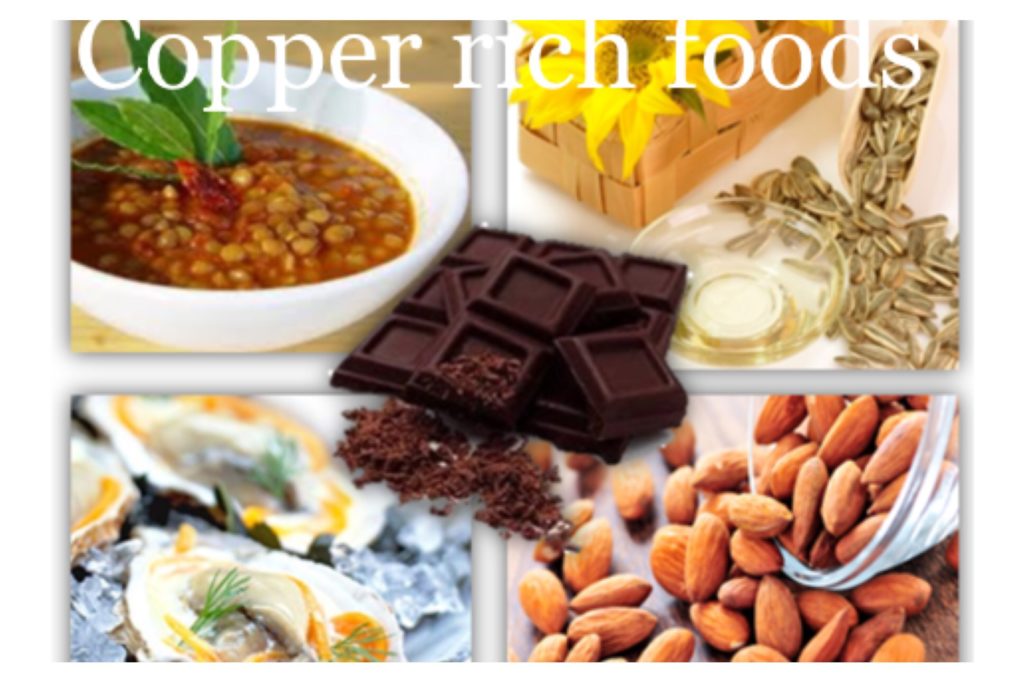Copper is an essential trace mineral which is required for the survival of the human body. It is present in all body tissues and plays an active role in the production of red blood cells, maintaining the immune system and the health of nerve cells. Copper is an essential trace mineral which is required for the survival of the human body. It is present in all body tissues and plays an active role in the production of red blood cells, maintaining the immune system and the health of nerve cells.
It also helps the body in the production of collagen and absorbs iron and plays a role in energy production. Most copper available in the body is found in the liver, heart, brain, skeletal muscles and kidneys. Too much copper and too little copper both can affect the working of the brain adversely sometimes resulting into Wilson’s, Menkes and Alzheimer’s disease.
Copper deficiency occurs rarely but may actually lead to cardiovascular and other diseases.
Daily requirement of copper
The recommended daily allowance of copper for adolescents and adults is 900 micrograms.
The upper limit for adults aged 19 years and above is 10,000 mcg. Anything more than this could be toxic.
While copper deficiency is rare to find, some additional factors and health conditions may increase the risk. These factors may include:
- Genetic factors
- Copper absorption problems
- A very intake of vitamin C or zinc supplements
- Other health conditions such as polyneuropathy, central nervous system demyelination, inflammation of the optic nerve and myelopathy.
Copper is stored in the liver and thus the deficiencies develop slowly over time.
Effects of copper deficiency
Low level of copper in the body may result into:
- Anemia
- Bone fractures
- Low body temperature
- Loss of skin pigmentation
- Osteoporosis
- Thyroid problems
- Osteoporosis
- An increased risk of infections
Copper is found in a variety of food items such as:
- Whole grains
- Oysters and other shellfish
- Potatoes
- Yeast
- Cocoa
- Dark leafy vegetables
- Dried fruits
- Kidneys and liver
- Black pepper
- Nuts such as almonds and cashews
Another great source of copper is water stored in copper vessels such as copper water bottles, copper pitchers or copper tumblers, etc. When water is stored in a copper vessel, tiny particles of copper leach into water making it copper infused.


